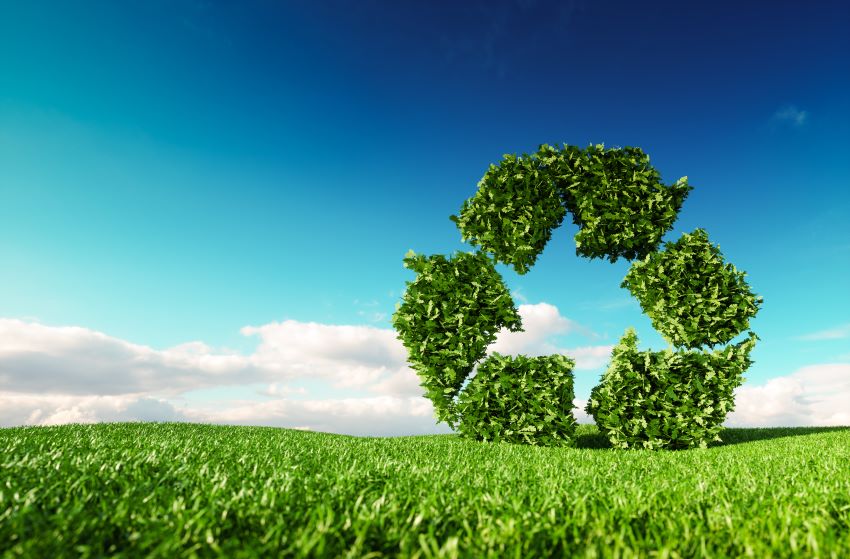
The Greening BIMAP Project is expected to see that institution reducing its dependence on fossil fuel generated power by 50 per cent within 24 months.
It should also see a reduction in the use of potable water for purposes other than drinking, within 24 months, saving eight cubic meters or 2013.4 gallons of potable water per month.
These were among the benefits mentioned by Minister of International Business and Industry, Ronald Toppin, when he addressed the project’s launch ceremony at BIMAP, Wildey, St. Michael, and on the Zoom platform.
Adding that it was also earmarked to assist the institution in achieving its goal of becoming a paperless campus, with the implementation of an e-learning platform, he noted this would allow for online or blended delivery of courses and online registration and payment, reducing the need to print countless sheets of paper.
Minister Toppin stated: “Once the project objectives are realised, this will result in efficiency (thereby reducing the institution’s carbon emission footprint); cost savings to the institution; transformation into an environmentally conscious space, as well as the creation of job opportunities for enterprising persons, particularly the youth, who are engaged in renewable energy.”
The International Business Minister stressed it was also envisaged that these benefits would materialise at the macro level and BIMAP would draw on lessons learnt from the project’s implementation to help other organisations and individuals effect change.
The project, which is funded from the Global Environment Facility Small Grants Programme (GEF SGP), is being implemented by the United Nations Development Programme (UNDP).
In his remarks, Resident Representative for Barbados & the Eastern Caribbean, United Nations Development Programme, Ugo Blanco, while signalling the project objectives were attainable, said: “Reducing fossil fuel generated power by 50 per cent in two years, can we do it? We can! Reducing use of potable water resources by 40 per cent for flushing toilets and hand washing or increasing awareness or reducing the use of paper or going digital…. If this pandemic has brought anything positive to the world, is the acceleration of digital approaches and tools. We say in UNDP that in one year that digitalisation has accelerated a decade.”
The UNDP Representative, emphasising that countries had no choice but to go green, said The Greening BIMAP Project was an example of it.
Registering his satisfaction with it, Mr. Blanco added: “Such a partnership is both symbolic and catalytic in securing a green and sustainable future for Barbados and very much in line with the vision of the Government to go fossil free by 2030 – an impressive commitment and we look forward to being a partner in this initiative.”
